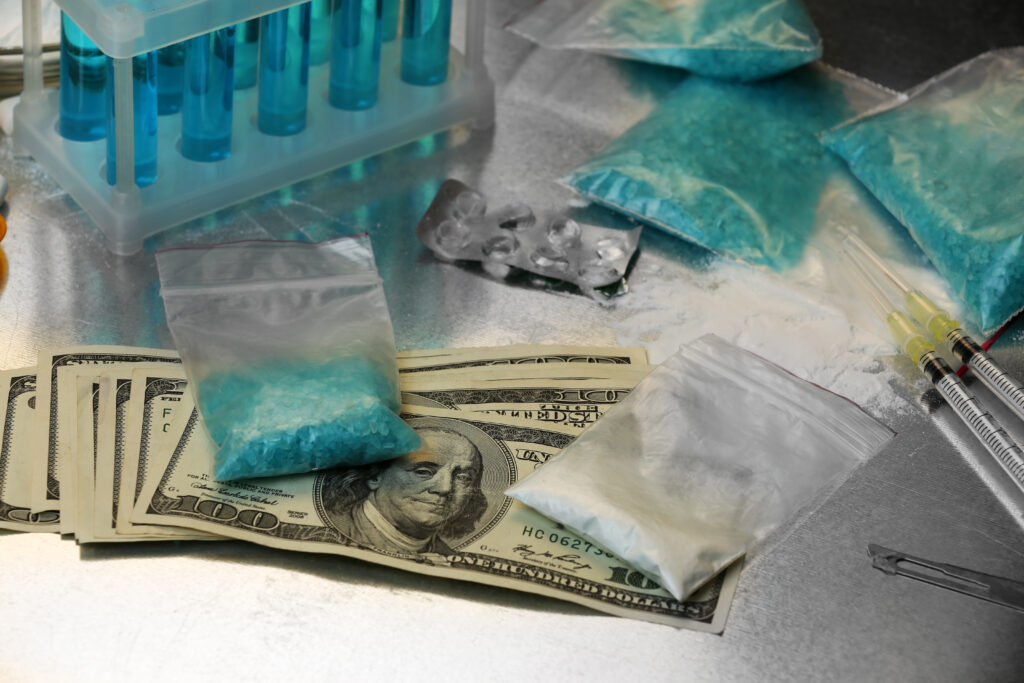The U.S. Department of the Treasury’s Office of Foreign Assets Control has designated six Sinaloa Cartel members and six Mexico-based entities involved in the illicit fentanyl and methamphetamine trade. This action is part of a whole-of-government effort to disrupt and dismantle the transnational criminal organizations that facilitate the illicit supply of fentanyl and other narcotics.
The designation includes freezing the assets of the cartel members and entities and prohibiting any U.S. persons from engaging in transactions with them. These measures can significantly hurt, stop, or slow down the cartels’ activities, ultimately disrupting the production and supply chain of illicit fentanyl and other drugs. “This is an impactful step toward hindering the cartels’ ability to make counterfeit pills laced with illicit fentanyl,” said Janice Celeste, the President & CEO of FentanylSolution.org. “There is still more than must be done. We can’t stop here.”

Also, by prohibiting anyone from the U.S. from engaging in transactions with the designated individuals and entities can severely restrict the cartels’ ability to do business with legitimate companies or financial institutions. This will limit their opportunities to launder money, transfer funds, or invest their profits, ultimately making it harder for them to import or export goods or services, such as equipment or raw materials.
“This is an impactful step toward hindering the cartels’ ability to make counterfeit pills laced with illicit fentanyl,” said Janice Celeste, the President & CEO of FentanylSolution.org. “There is still more that has to be done. We can’t stop here.”
Furthermore, the reputational damage from the designation can make it harder for the designated individuals and entities to establish alliances with other criminal groups or bribe officials. It can also signal to other criminal actors that they are not immune to U.S. law enforcement actions and that their illicit activities will not be tolerated.
The United States government has declared a commitment to disrupting the global production and supply chain of illicit fentanyl, including denying criminal actors who engage in this activity access to the international financial system. The OFAC’s designation of the six Sinaloa Cartel members and six Mexico-based entities is a significant step towards achieving this goal and sends a clear message that the U.S. government is prepared to take action to dismantle the production and supply chain of illicit drugs, ultimately reducing the harm caused by these drugs.
